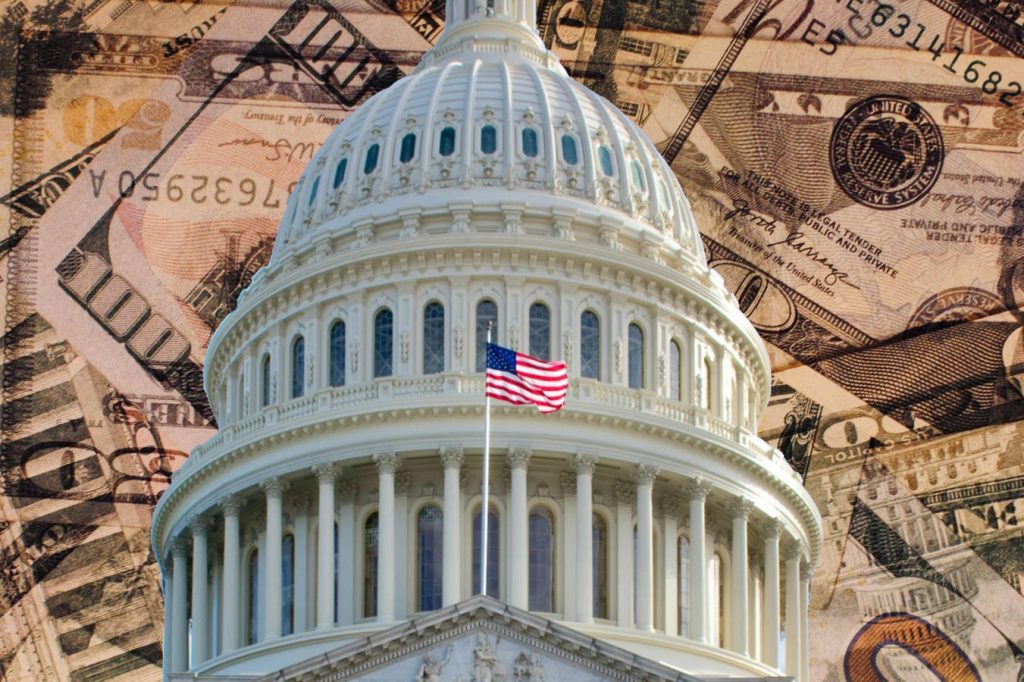President Joe Biden’s student debt relief initiative, the Saving on a Valuable Education (SAVE) plan, is facing legal challenges as it aims to provide lower monthly payments, cancel accruing interest, and accelerate student loan forgiveness. The plan has been rolled out over the past eight months, with the final benefit set to slash monthly payments in July. However, two groups of Republican-led states have filed lawsuits against the Biden administration to stop the plan, with one case dismissed for eight states but allowed to proceed for South Carolina, Texas, and Alaska.
The SAVE plan offers a range of benefits, including higher income exclusion limits, more affordable monthly payments, interest waivers, and different timelines for student loan forgiveness based on the type of loan. More than eight million borrowers have already enrolled in the program, with over 400,000 borrowers receiving student loan forgiveness. The Education Department expects many borrowers to experience a reduction in monthly payments once the new repayment formula goes into effect next month.
A federal court in Kansas recently issued a ruling on one of the legal challenges, dismissing the lawsuit for eight states due to lack of standing but allowing South Carolina, Texas, and Alaska to proceed. These states argue that the SAVE plan exceeds Congressional authorization for income-driven repayment plans and could result in reduced revenues for borrowers with FFEL-program loans. The court found that these states demonstrated a potential financial harm related to the SAVE plan, allowing their challenge to continue.
While South Carolina, Texas, and Alaska have cleared the first hurdle in their legal challenge, the fight to block student loan forgiveness and repayment benefits under the SAVE plan is ongoing. These states may seek a preliminary injunction to prevent the reduction in payments scheduled to take effect next month. If successful, millions of borrowers could see their payments increase, and interest start accruing again. However, the court noted that the legal arguments put forth by these states are somewhat weak.
In a separate lawsuit filed by another group of GOP-led states in Missouri, a preliminary injunction request has been filed, giving Republican state leaders a second chance to block the benefits of the SAVE plan. This separate legal challenge could impact the fate of the student loan forgiveness and repayment benefits, even if the challenge led by South Carolina, Texas, and Alaska ultimately fails. The Missouri district court judge is expected to issue a ruling on the preliminary injunction request soon.


